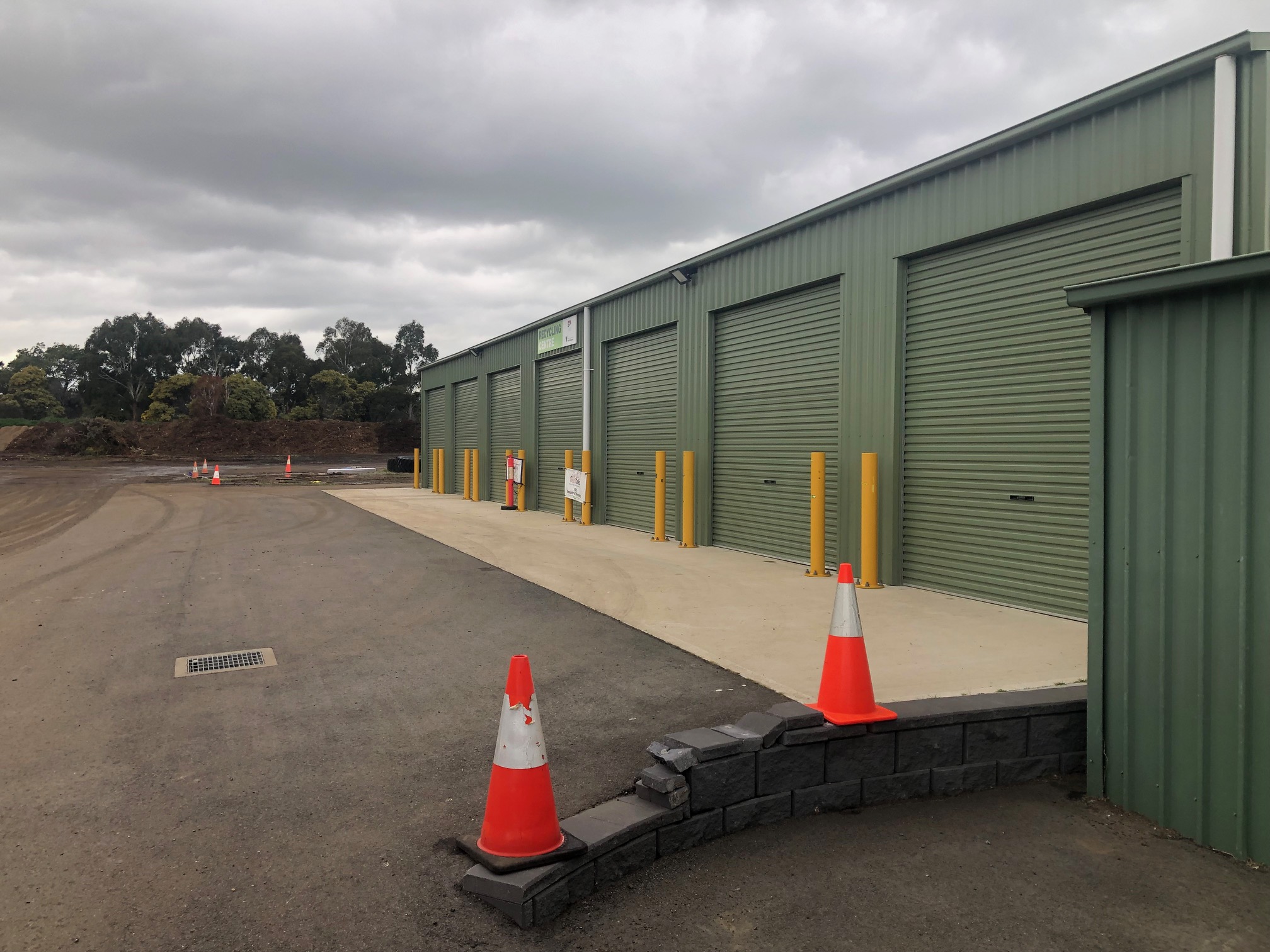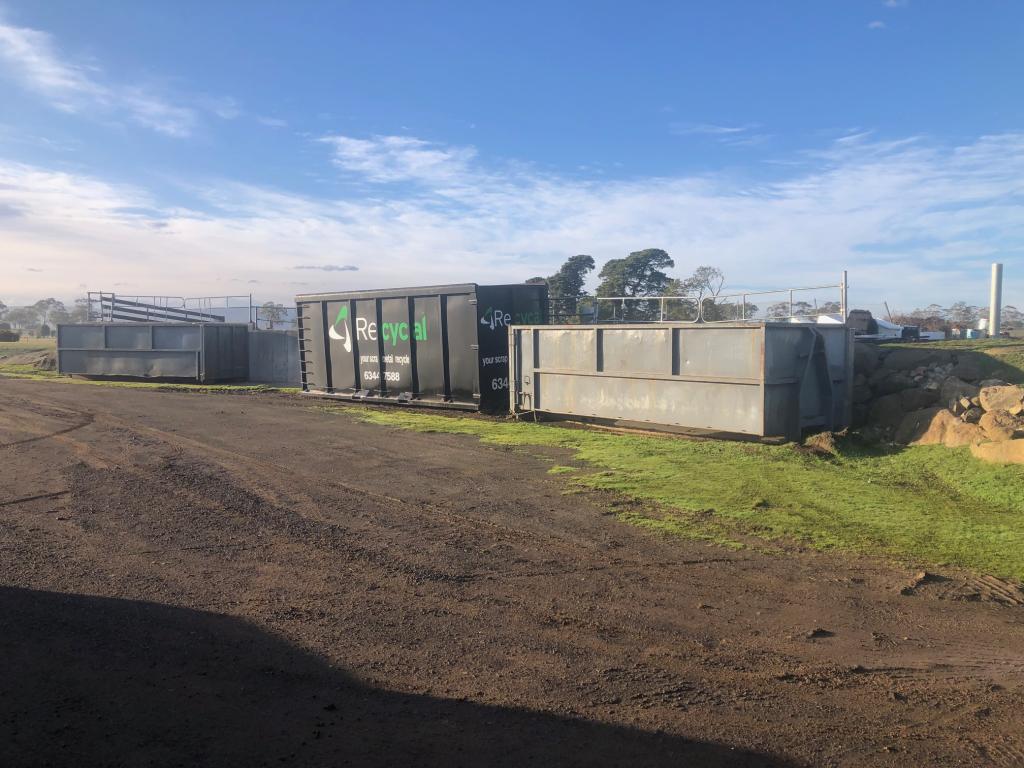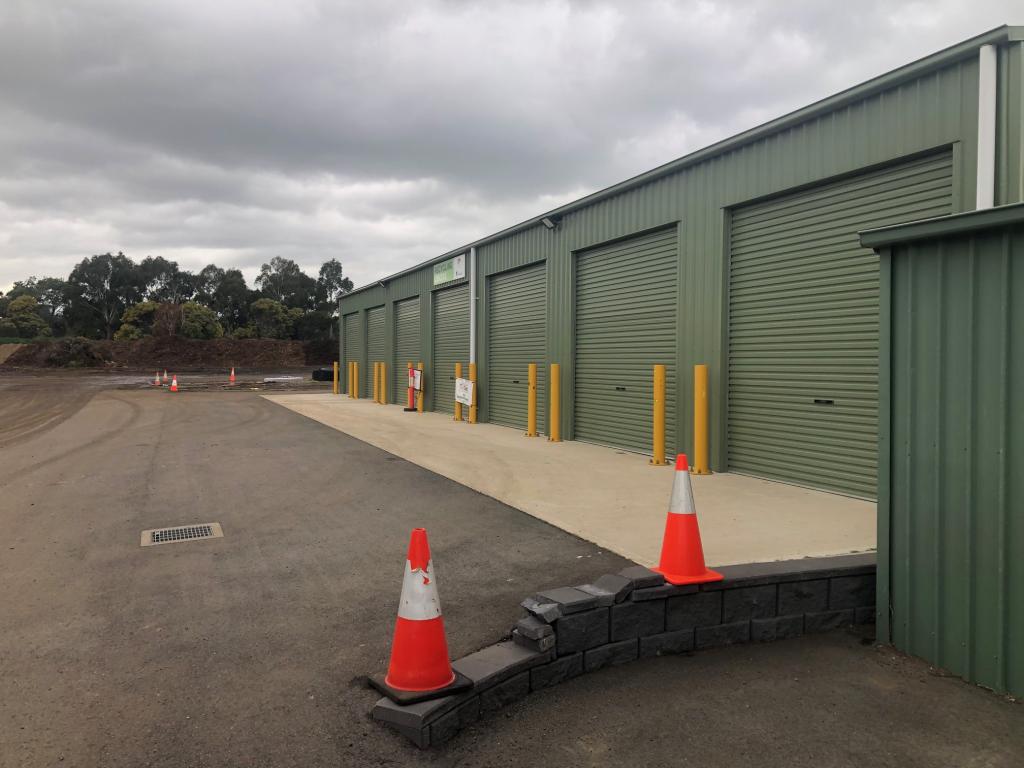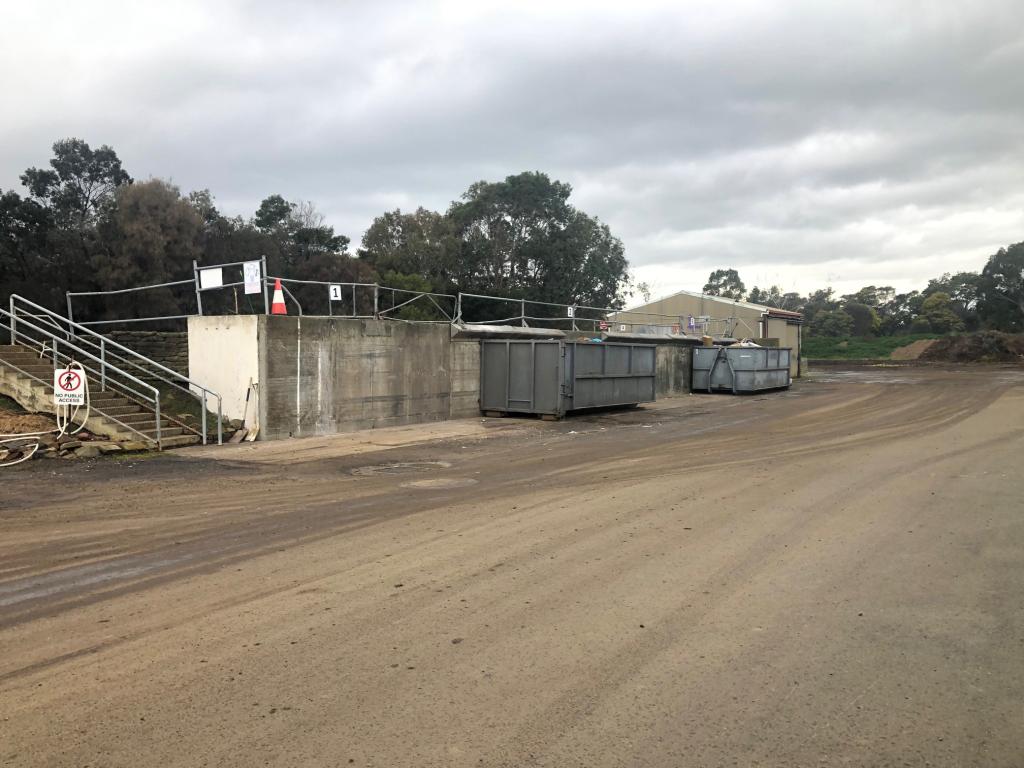Northern Midlands Council in Longford, Tasmania, recently brought their four waste transfer stations back in-house after identifying opportunities to improve service and compliance standards. The catch? Council didn’t have much waste management experience on the team. That’s where Resource Hub came in.
Challenge
Council faced a few hurdles making this transition work:
The knowledge gap: Staff needed to get up to speed quickly on running four waste transfer stations – and there wasn’t much time for a slow learning curve.
Data chaos: The existing systems for recording transactions (both electronic and paper) needed a proper look to make sure they’d give Council the right information for financial, operational, and regulatory decisions.
Urgent timeline: With the contractor arrangement ending, Council needed help immediately – not in six months.
Compliance confidence: Council needed to know they were doing things right from day one, not learning through mistakes.
What We Delivered
Over two weeks in July-August 2025, we gave Council what they needed:
Full operational review: We looked at how things were running across all four facilities, spotted the risks, and laid out what needed to happen for Council to capture transactions properly going forward.
System check: We went through the existing data capture systems to find what needed fixing and make sure everything would stack up for regulatory compliance.
Consistent procedures: We created standard approaches for recording data, accepting waste, and classifying materials that worked across all four sites.
Compliance framework: We set up systems and procedures so Council could stay on top of levy compliance and regulatory reporting without breaking a sweat.
The Extras
We threw in a few bonus items to make sure Council could use what we’d given them:
Quick reference guides: Simple, practical guides that both operators and managers could use day-to-day for recording transactions, accepting waste, and classifying materials correctly.
Hands-on support: We didn’t just write reports and disappear. We spent time with the team showing them how things work, answering questions, and making sure they felt confident about what they were doing.
What Made This Work
Speed: Council needed help fast, and we delivered. The intensive two-week approach meant they had what they needed when they needed it.
Practical advice: We didn’t just give technical answers – we helped with the practical, operational stuff because that’s what Council needed to get the job done.
Built to last: The systems we set up aren’t just for now – they’re designed so Council can keep improving on their own.
Confidence boost: By the end, Council staff had the tools and knowledge to own their waste operations, not just muddle through.
Conclusion
This project shows what happens when you match urgent need with focused, practical support. Northern Midlands Council went from relying on contractors to running their own waste transfer stations with confidence. They’ve got the systems, the knowledge, and most importantly, the enthusiasm to keep getting better at what they do. Sometimes the best consultancy work is the kind that makes itself redundant – and that’s exactly what we aimed for here.



